
Survivor Injustice Asks Us To Reconsider What Justice Looks Like For Crime Victims
This excerpt from Survivor Injustice asks us to reconsider what justice really looks like for crime victims.

This excerpt from Survivor Injustice asks us to reconsider what justice really looks like for crime victims.
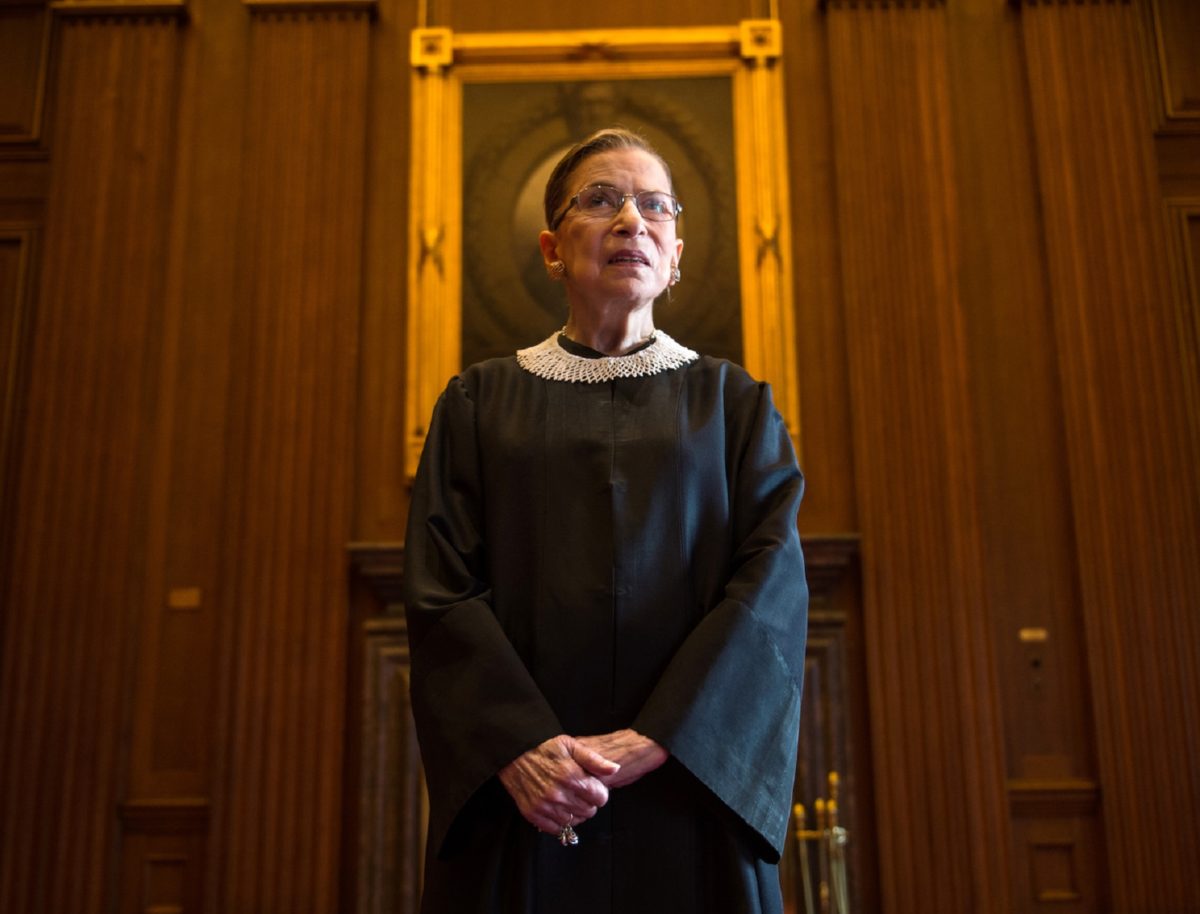
Courts must not overrepresent the viewpoints of the most powerful at the expense of the communities they serve.

A new survey shows support across political lines for second-look legislation and sentence review by prosecutors

Prosecutors in Hennepin County, Minnesota, used jailhouse informants and an unreliable gang expert, and ignored evidence of innocence to send a Black teenager to prison for life.
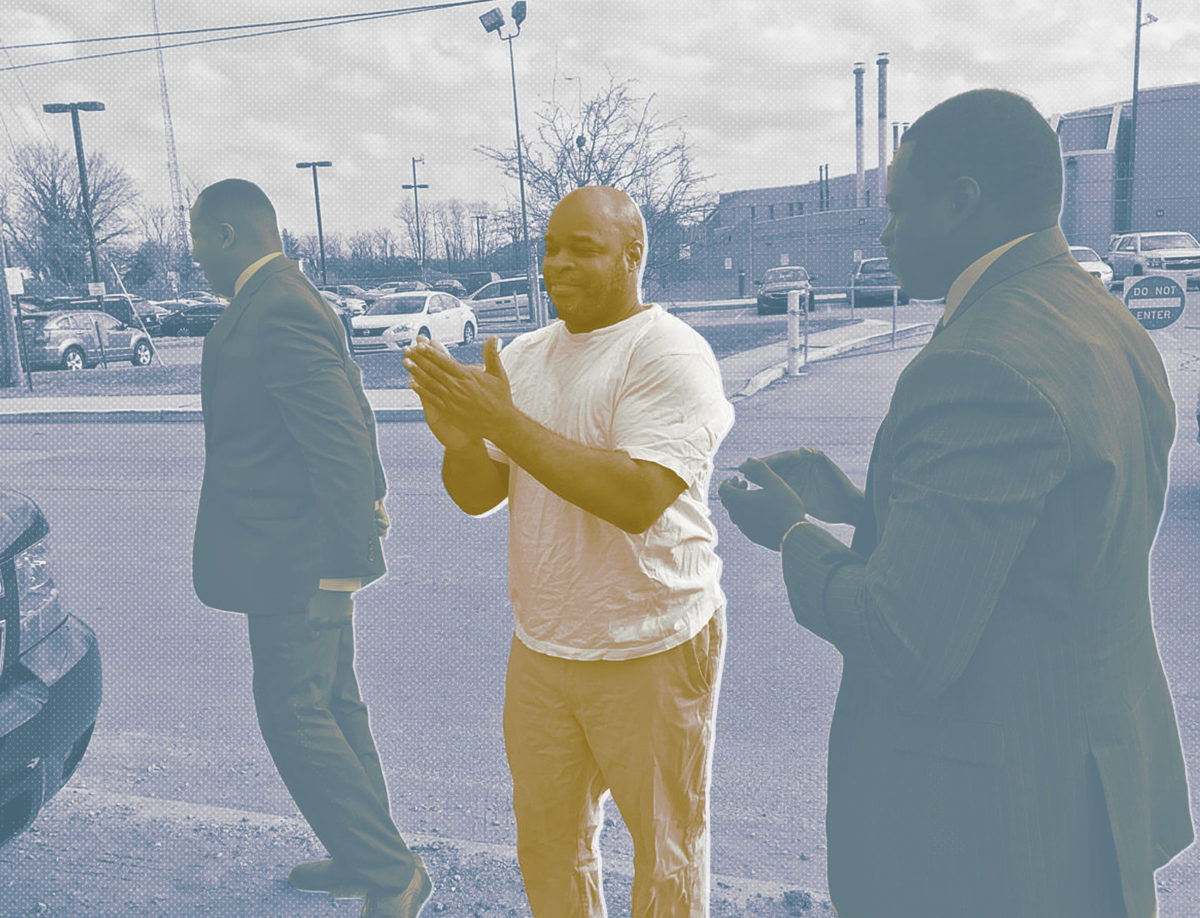
Elmer Daniels served nearly 40 years in prison before he was exonerated in 2018. He’s one of at least three people who could receive $50,000 for every year spent behind bars.

Spotlights like this one provide original commentary and analysis on pressing criminal justice issues of the day. You can read them each day in our newsletter, The Daily Appeal. Case workers at the Sexual Assault Support Services of Midcoast Maine report that they counseled 503 people who said they were survivors of sex crimes last year. […]
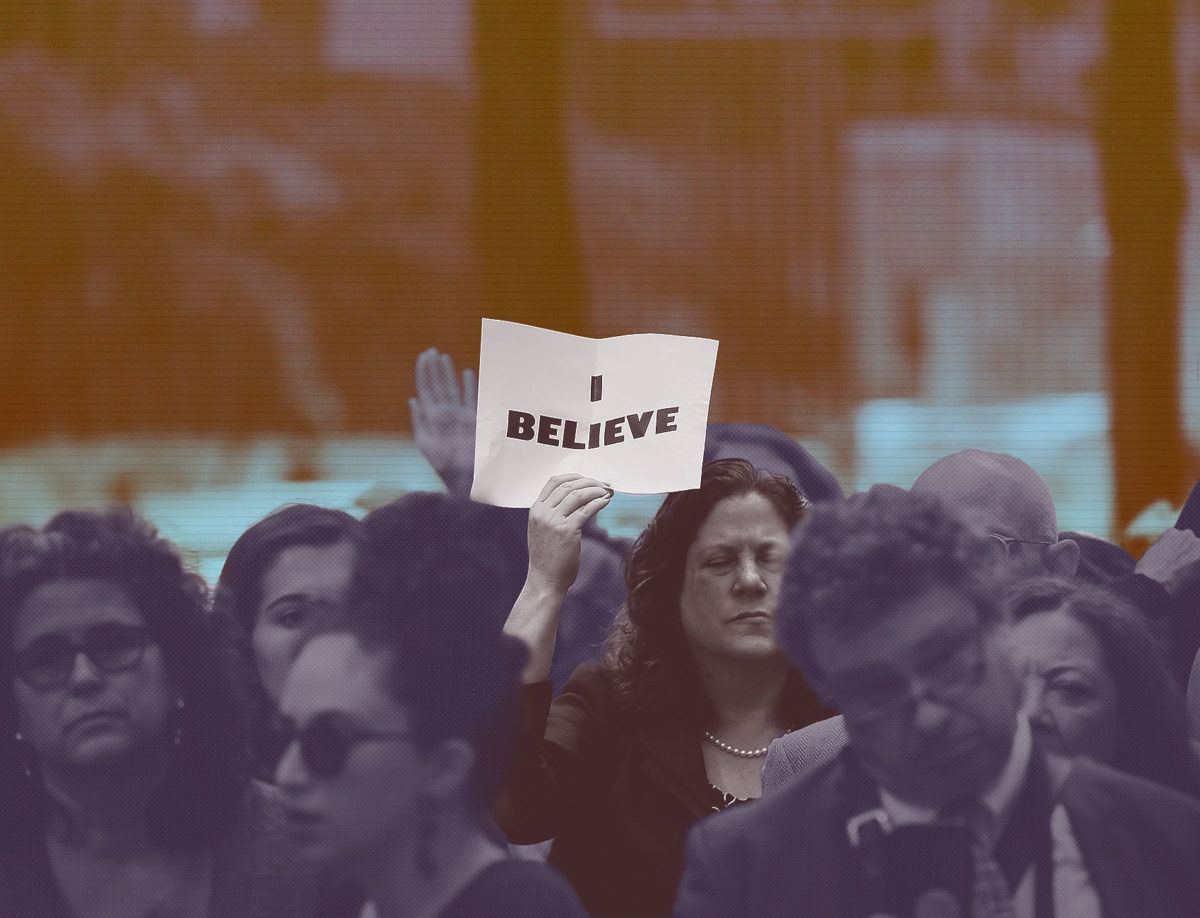
The rise of progressive prosecutors and the #MeToo movement has meant an increased focus on sexual assault. But justice cannot be measured in more prosecution or long sentences.

Spotlights like this one provide original commentary and analysis on pressing criminal justice issues of the day. You can read them each day in our newsletter, The Daily Appeal. Two Louisiana judges will begin hearing arguments tomorrow about whether a Black judge should be recused from more than 300 criminal cases after she criticized prosecutors for the disproportionate rate of […]

The attorneys said they did nothing wrong by finding a victim in a rape case who had disappeared, but a judge accused them of making her unavailable.

Informants are highly motivated to lie. But jurors don’t always have the information or skills to discern the truth.
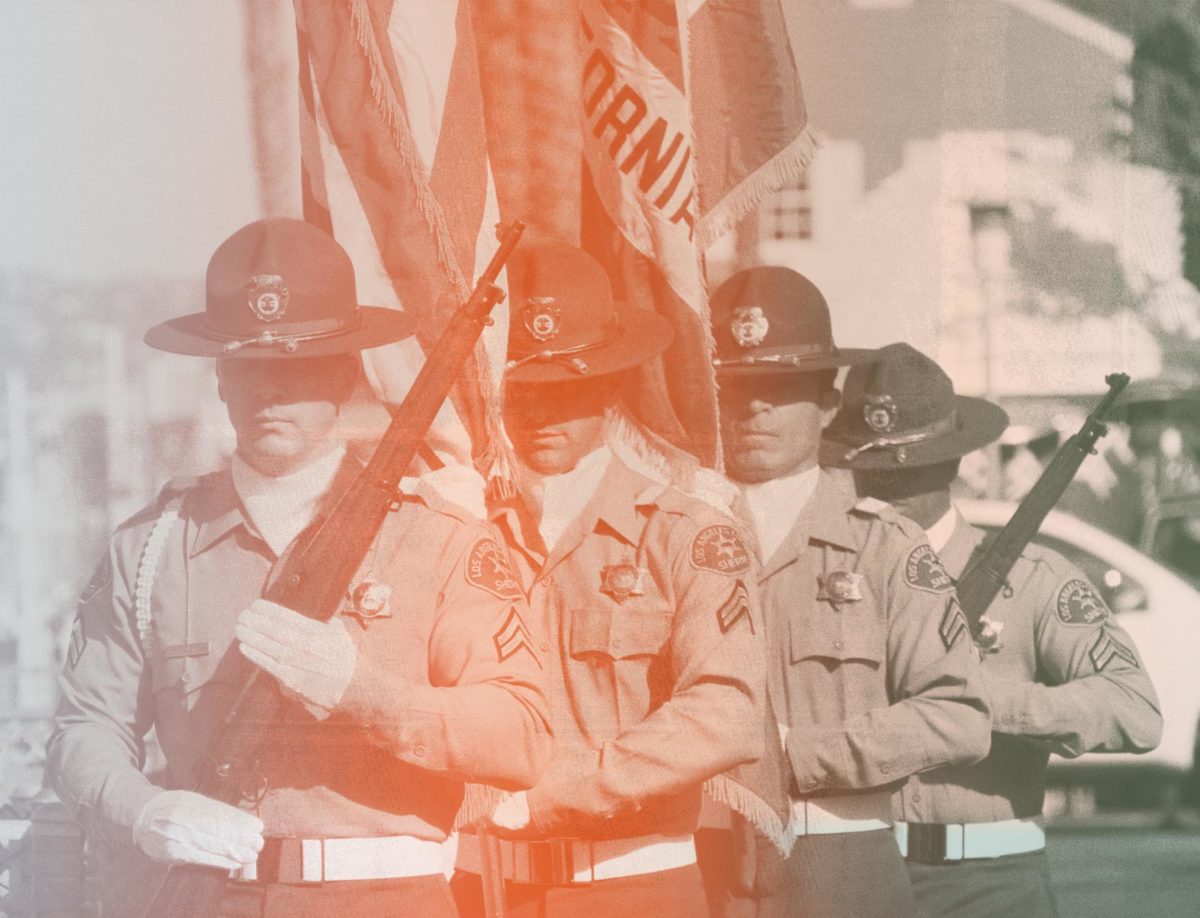
A narrow ruling on Brady lists ensures that protecting the police will continue to prevail over due process.

Candidates offered reforms for people accused of low-level, nonviolent offenses, but more than half of U.S. prisoners have committed a violent crime.

Spotlights like this one provide original commentary and analysis on pressing criminal justice issues of the day. You can read them each day in our newsletter, The Daily Appeal. Sometimes it seems as if U.S. Senator Kamala Harris thinks we aren’t paying attention. She seems to assume that if she chooses the right words, the ones […]
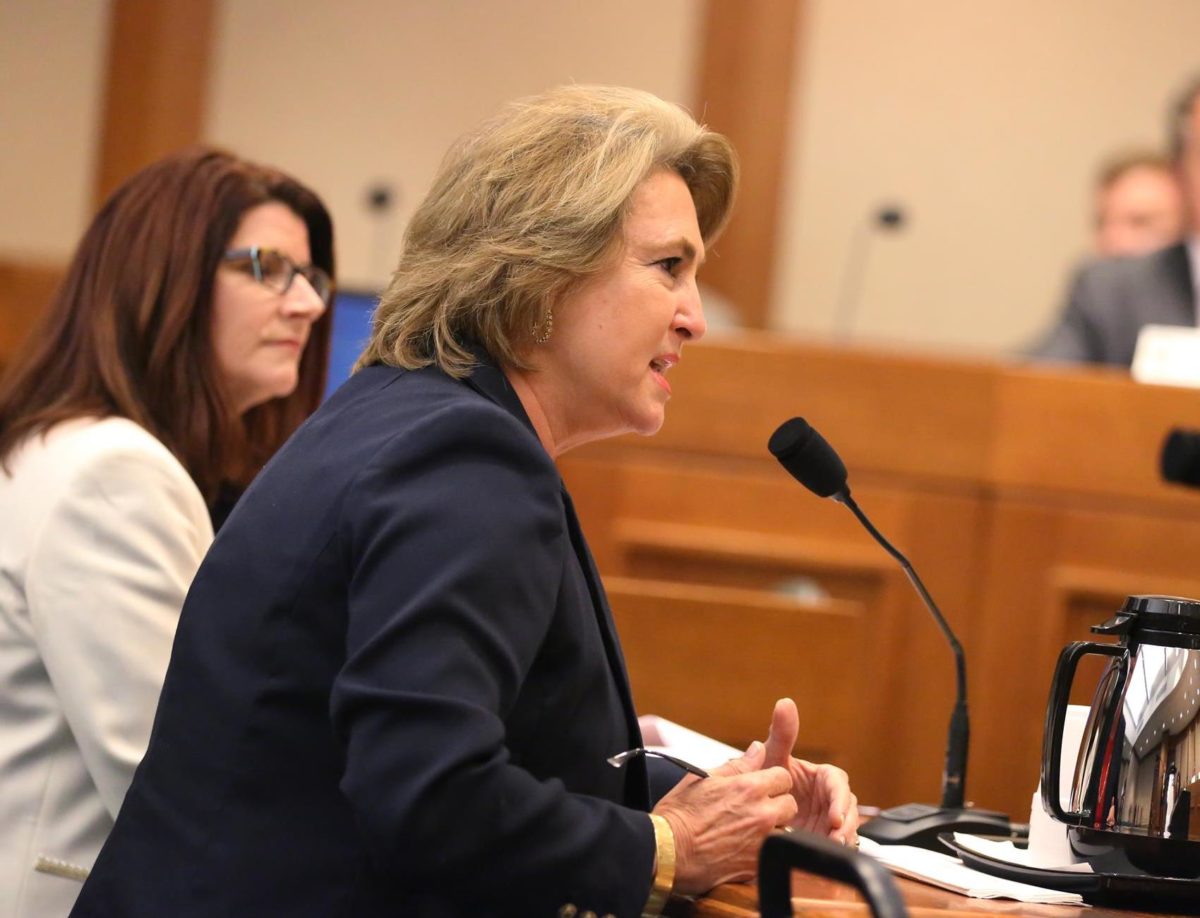
Kim Ogg ran as a reform-minded district attorney candidate, but her office has sought two death warrants for Dexter Johnson, whose lawyer says cannot name everyday objects and has an IQ of 70.
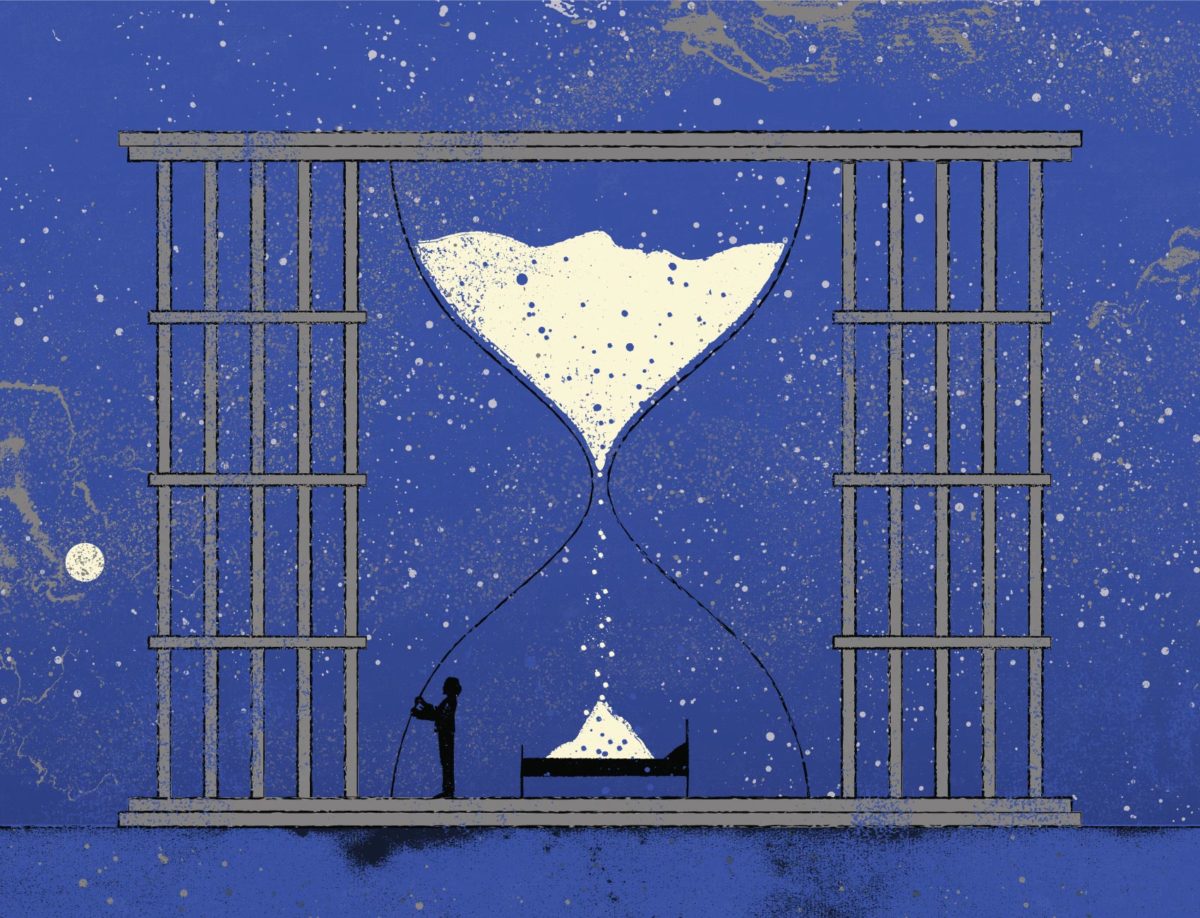
In a rare move, a federal court vacated Anastazia Schmid’s murder conviction, saying she’d received ineffective assistance of counsel and had been mentally unfit to stand trial. But Schmid, who’d spent 18 years in prison, remained locked up for three months more.

16-year-olds won’t have to reappear in adult criminal court if they’re arrested when youth court isn’t in session.

The decline under DA Larry Krasner, who took office in 2018, marks a significant change in juvenile justice in Pennsylvania.
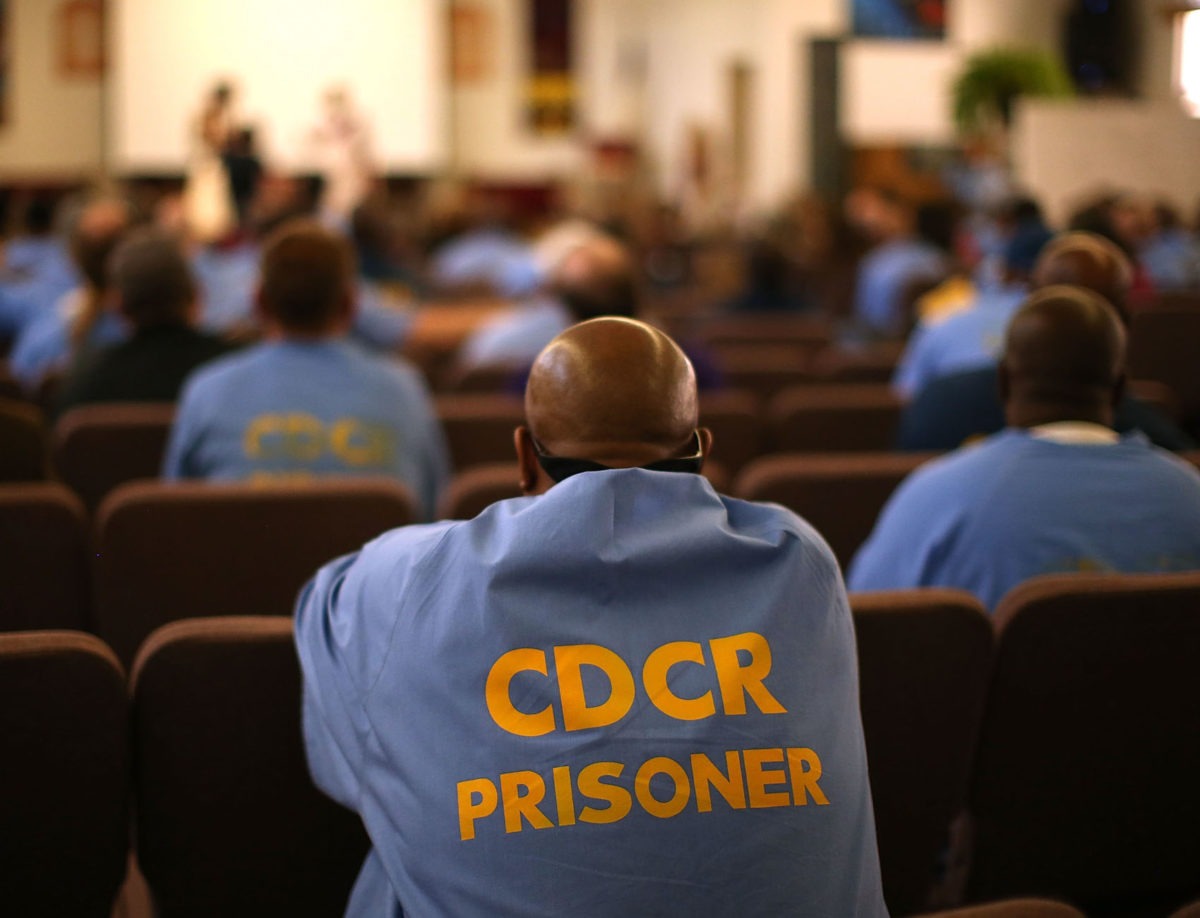
Our response to crime should focus on healing and accountability, not punishment and retribution.

A statewide pattern of discrimination in jury selection has gone largely uncorrected, while lives remain in the balance, advocates say.

The 2020 presidential candidates recently unveiled national criminal justice agendas that reimagine public safety and punishment.
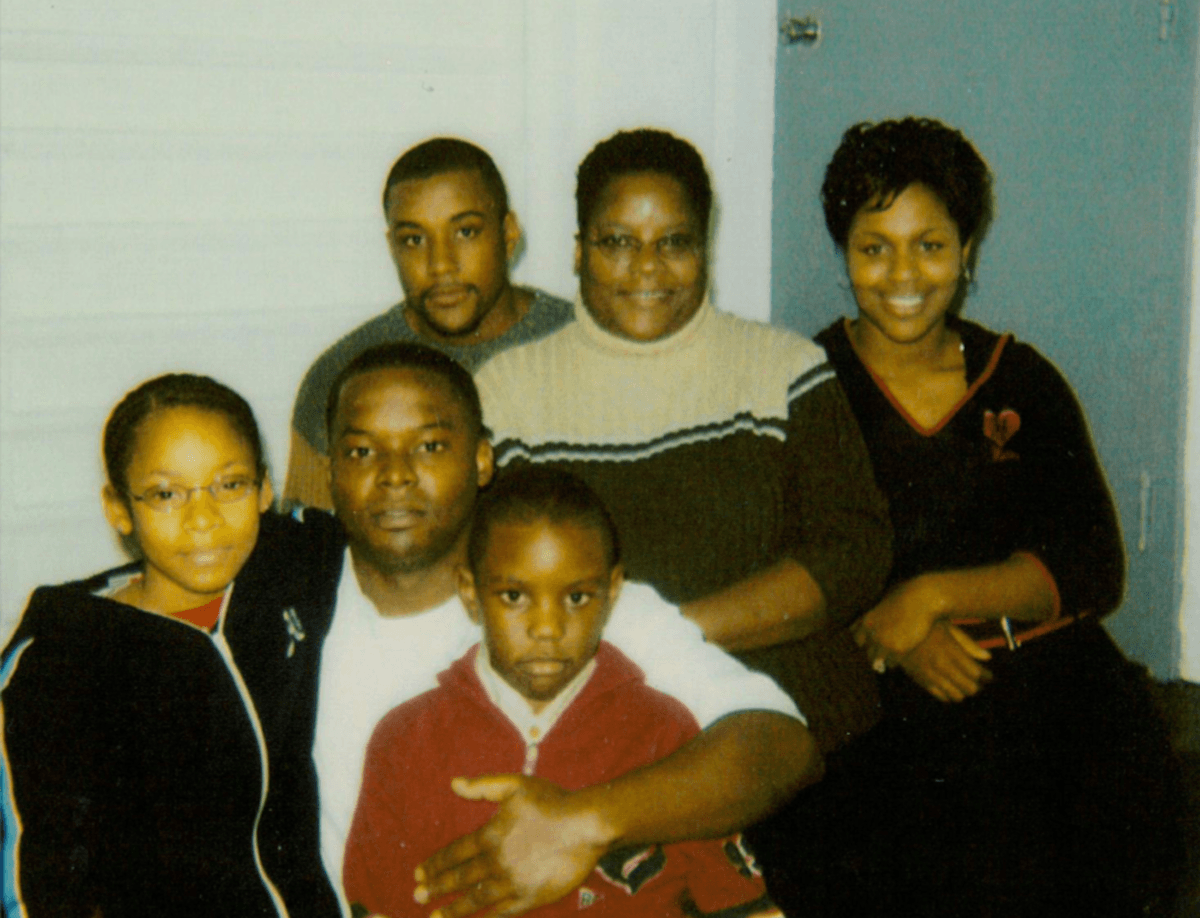
In 1998, prosecutors failed to tell the defense that a key witness in Toforest Johnson’s capital murder trial would receive thousands of dollars in reward money for her testimony, Johnson’s attorneys say. Now a Birmingham judge must decide whether their argument has merit.

Attorney General William Barr pushed back against reforms by progressive prosecutors—but perhaps his greatest vitriol was reserved for the Boston DA’s attempt to rein in police.
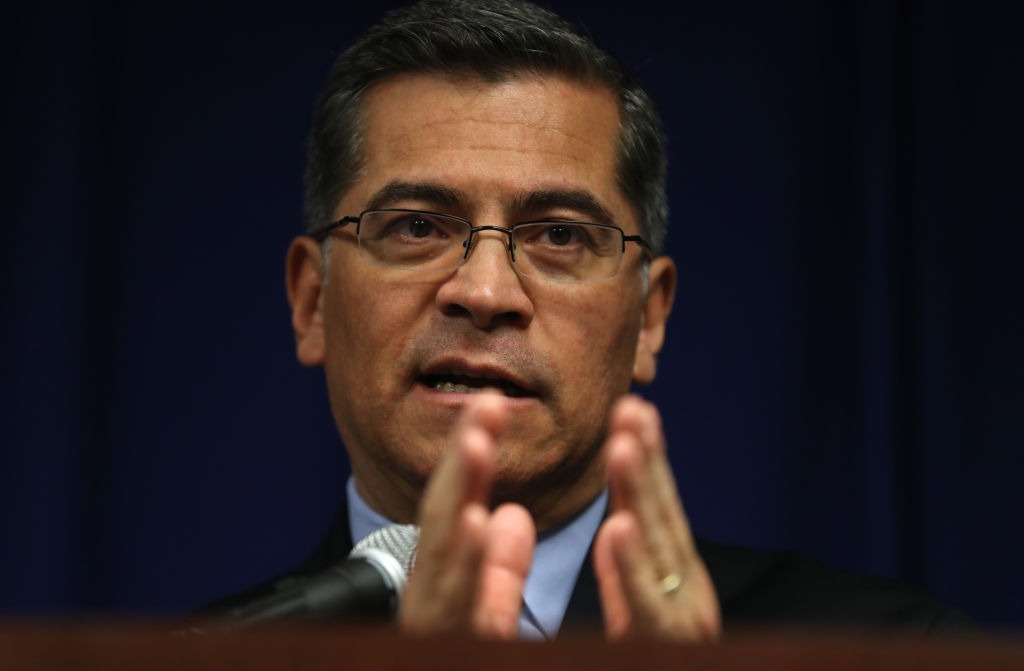
Last year, lawmakers repealed the felony murder rule, which allowed prosecutors to charge defendants with murders they didn‘t commit. Prosecutors are trying to overturn the new law, but AG Xavier Becerra believes that the reform should stand.

Establishment candidate Melinda Katz declared a narrow victory in the New York City borough’s district attorney primary, but progressive Tiffany Cabán pushed the race to the left on issues like marijuana and sex work.
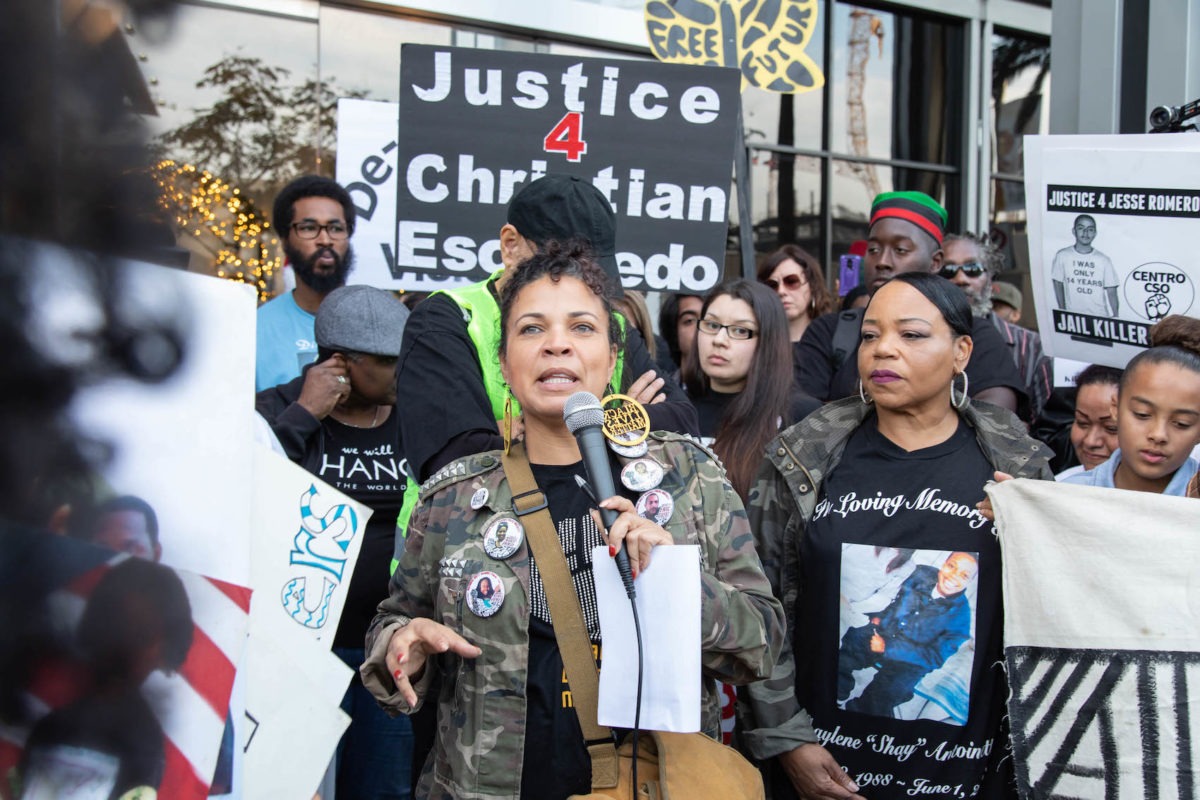
In California, Texas and Florida, advocates sent letters to district attorneys, demanding that they refuse to work with officers with histories of misconduct.
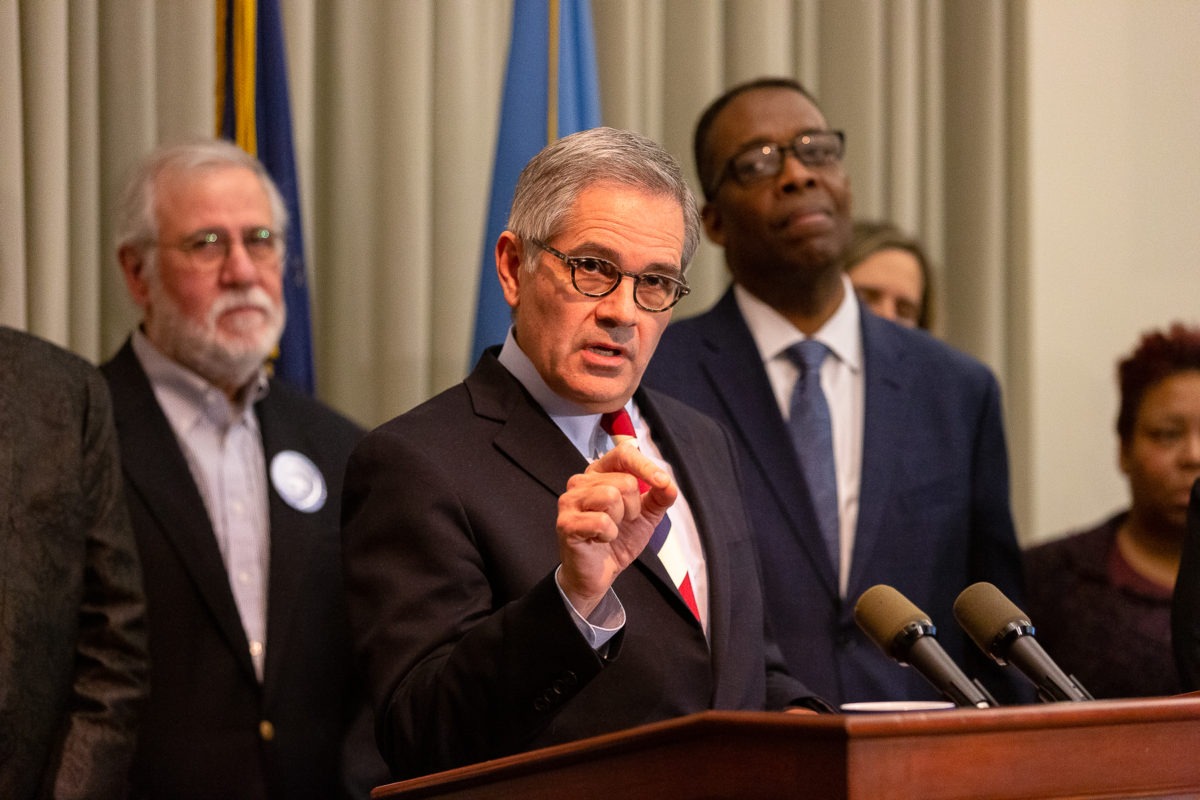
Lawmakers say Republicans used deceptive tactics to pass the controversial bill. The legislative record tells a different story.
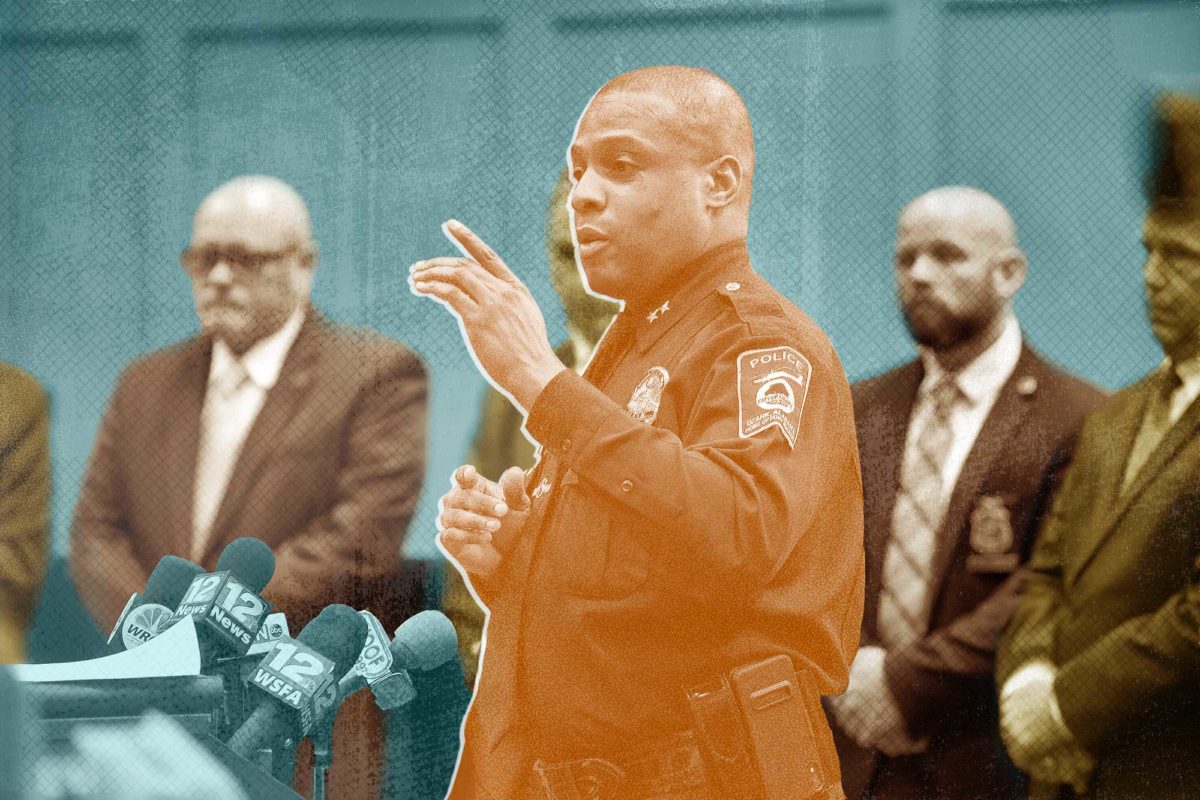
Police in Ozark said they solved the 1999 murders of two teenage girls using a genealogy database. But Coley McCraney‘s attorneys say that the case against their client is far from certain.
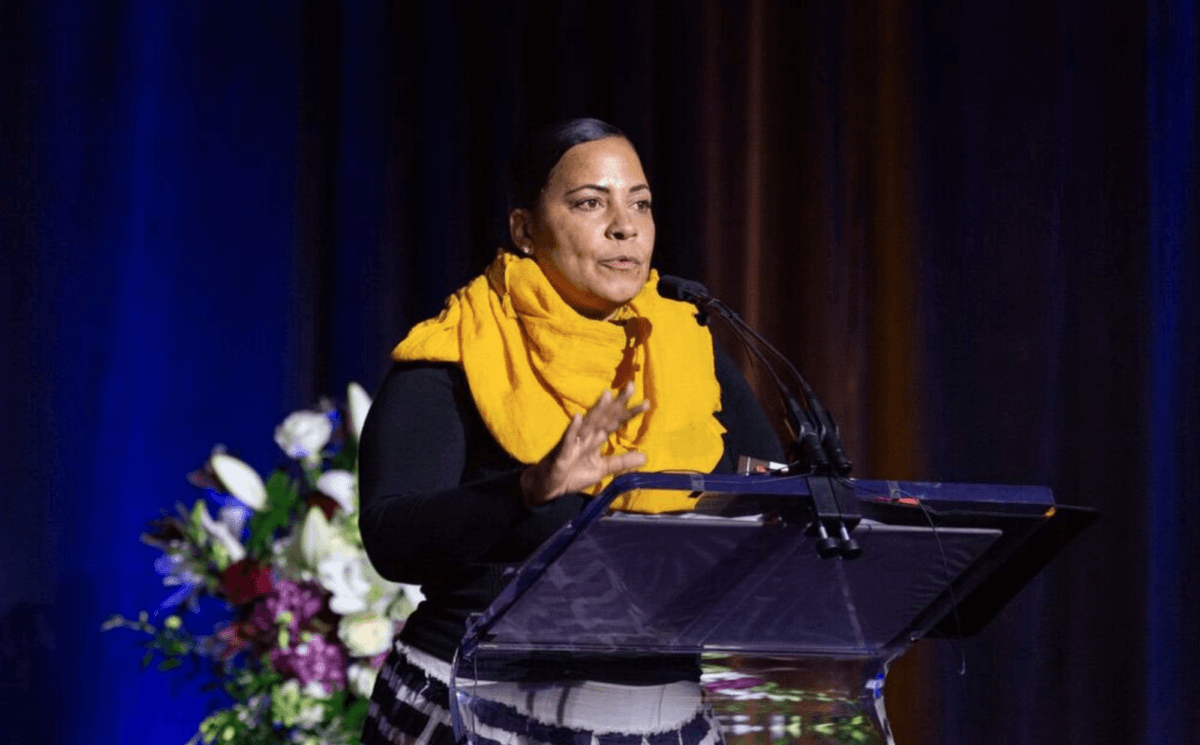
The backlash is underway against a recent wave of prosecutors who champion criminal justice reform. Here are some methods of attack.
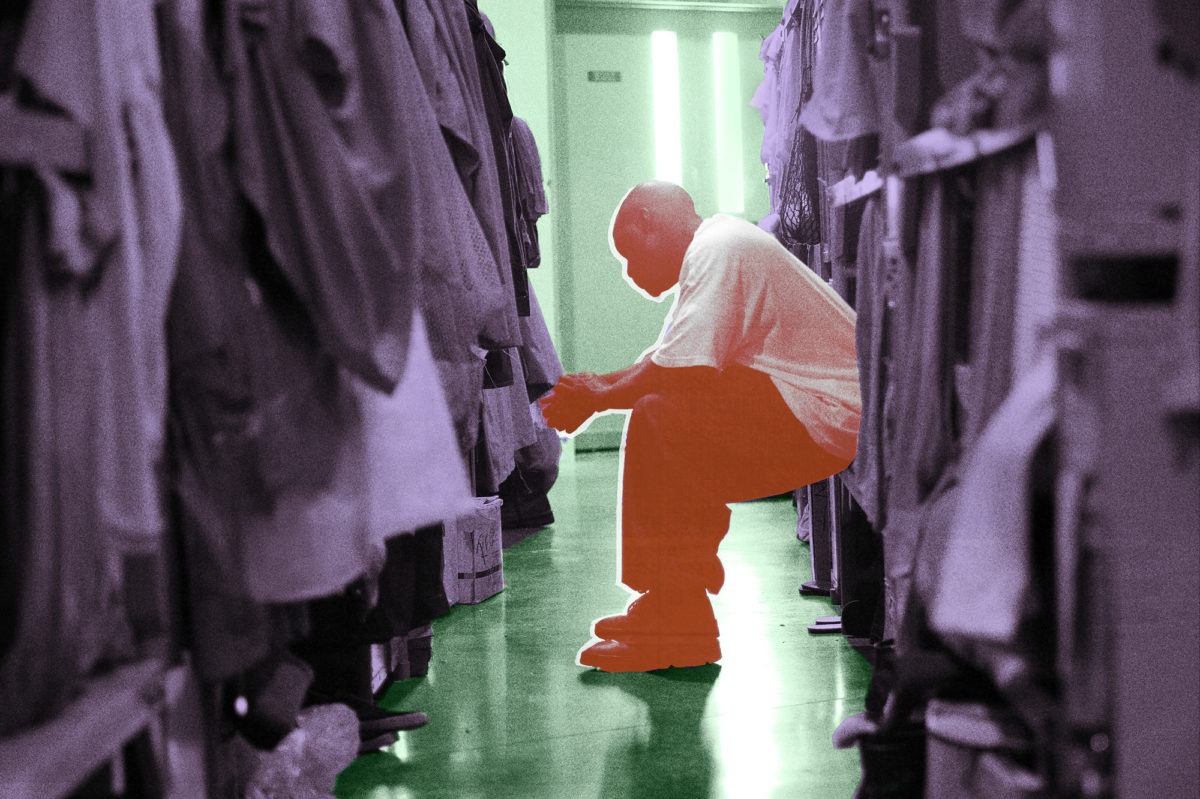
The criminalization of poverty in Franklin County, Pennsylvania, has led to a staggering increase in incarcerated people, all at a huge cost for defendants and taxpayers alike.

Many jurisdictions across the country use video instead of holding bail hearings in person, a practice that often leads to dire consequences.

Since 2017, LaToni Daniel has been incarcerated pretrial in a capital murder case. During that time, Daniel became pregnant, and she just delivered a baby boy. But as she brings in new life, she also faces the death penalty.

Former prosecutor and Fox News host Jeanine Pirro inspires Trump’s rhetoric of dehumanization and incarceration.
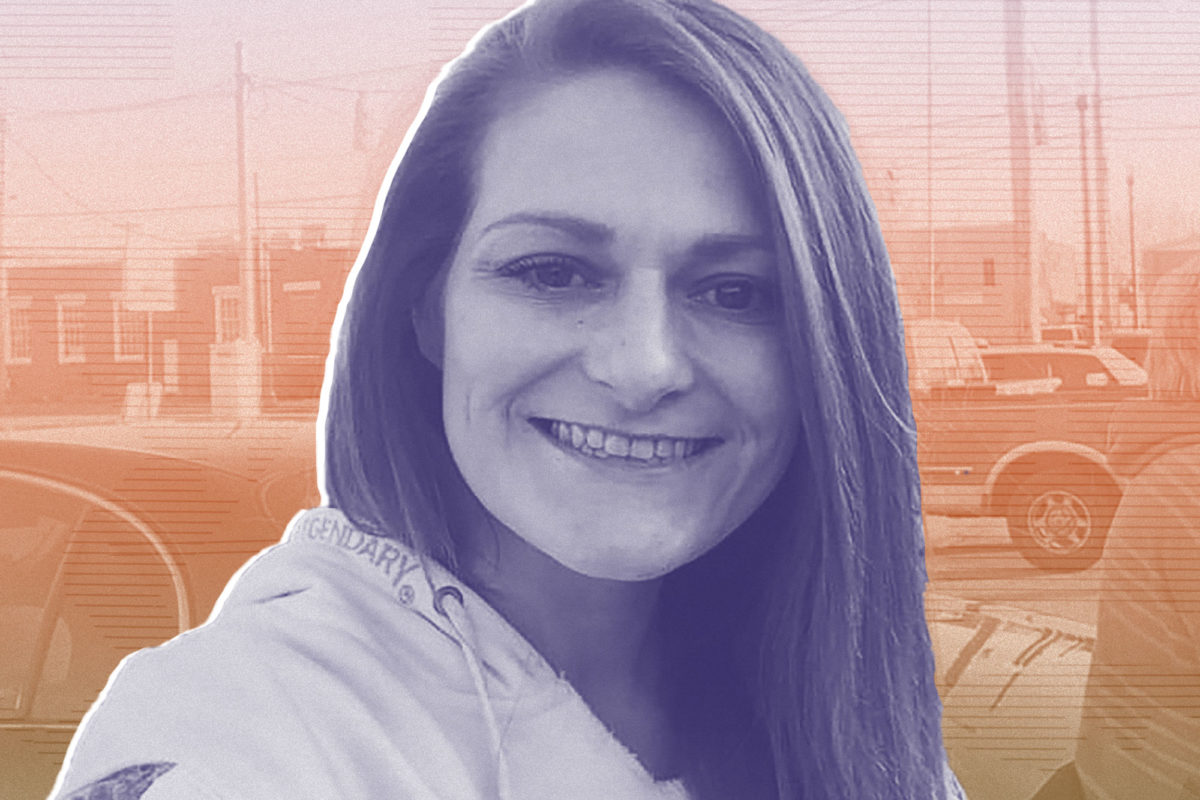
In 2018, Brittany Smith killed a man who she said brutally raped her. Smith was charged with murder and she now faces life in prison as well as challenges getting adequate treatment at a state psychiatric hospital.
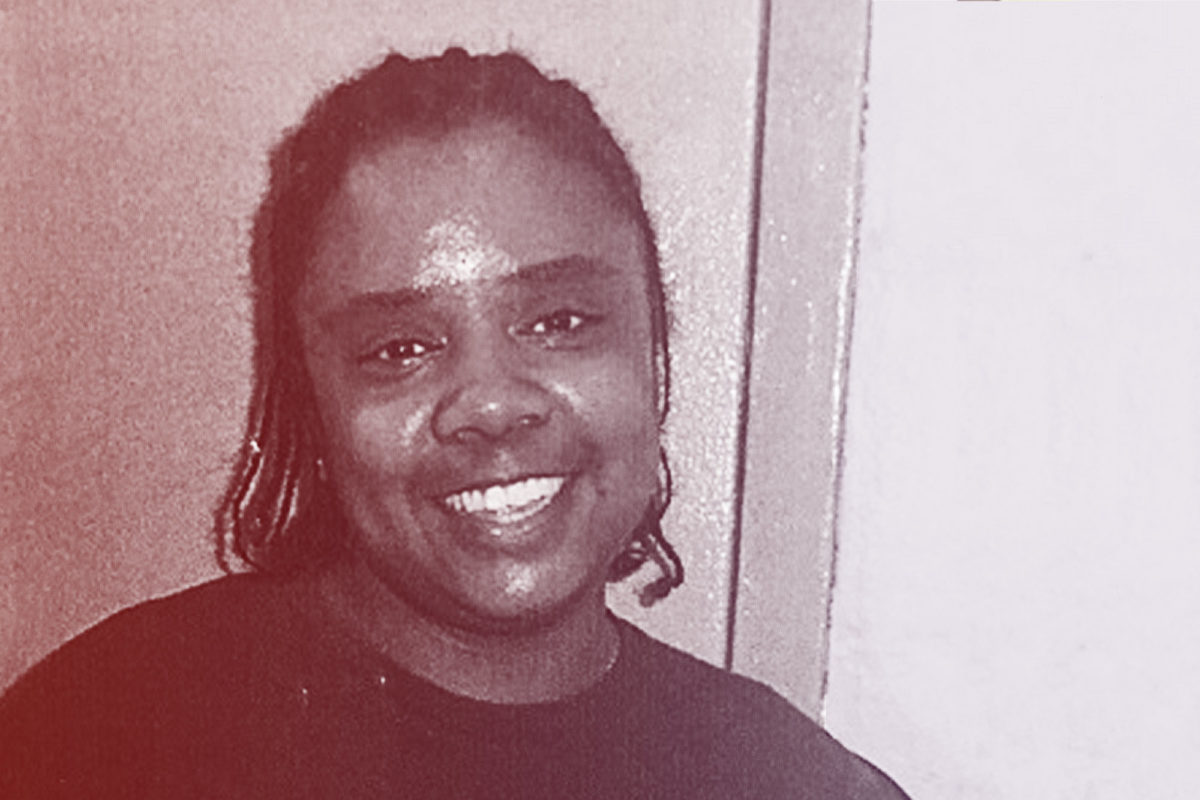
In 1996, Michele Benjamin was sentenced to life without parole for killing a man who she said solicited her for sex and menaced her with a weapon in New Orleans. A Supreme Court decision led her to be re-sentenced to life with a chance at parole in 2016. Today, a parole hearing brings the possibility of freedom.

Prosecutors denounce bail reform efforts when people miss court dates, but ‘failure to appear’ rates obscure the fact that many who miss court aren’t on the run.

Darius Jacob Taylor wasn’t in the state when a robbery he was allegedly involved with ended in murder. But because of the felony murder rule, he’s charged with criminal homicide and faces life imprisonment.
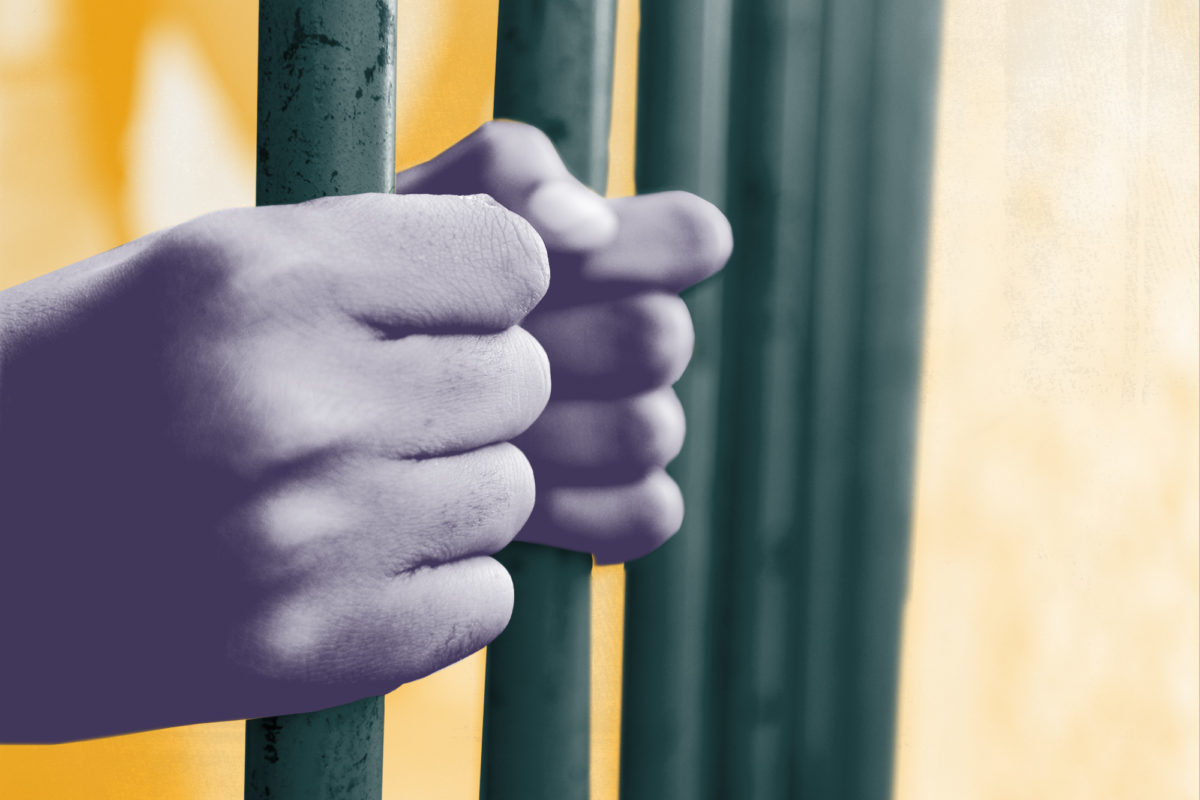
In 2016 and 2017, more than 80 percent of children charged as adults by the Allegheny County district attorney were Black.

Suffolk County District Attorney Rachael Rollins’s promise to decline to prosecute several offenses is a rejection of the punitive tradition of prosecutors and perhaps signals a new kind of reform that spurns criminal justice as a solution to public health problems.

Decision-making by prosecutors in such cases, says one attorney, ‘compounds, entrenches, and ultimately authorizes the initial act of violence by prosecuting the victim.’

Protesters blasting everything from punitive prosecutors to police brutality should be remembered for their role in upsetting the Windy City’s political status quo.